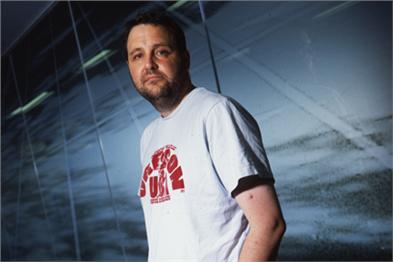Pretend, perhaps, that you couldn't just wait for potential partners to fall into your lap. Maybe you'd turn to dating sites, but which one? Which one's going to yield the perfect partner for someone as discerning and special as you? Well, if you had a mathematical bent - perhaps you're a planner or a researcher or a statistician - you might like to try OkCupid, a singles site created by four Harvard mathematicians, described by The Boston Globe as "the Google of online dating".
Why am I telling you this, apart from concern about you finding geeky love? It's because I've been banging on about the importance of data for ages and OkCupid is one of the best examples of putting data to use; of data as a service, data as a basis for conversation and data expertise as a way of creating difference.
To start with, it's unashamedly about the data. There's not much talk about love or relationships, it's not a particularly attractively designed site - it's selling itself on its mathematical abilities - knowing that's increasingly something people understand and respond to. It says this: "We use math to get you dates. It's extremely accurate, as long as (a) you're honest, and (b) you know what you want ...
Most other matching sites are just glorified personals services; their 'matching' systems are non-existent or overly subjective. We don't claim to evaluate you perfectly, but we do claim to find someone who claims to fulfil your claimed requirements, exactly." It then offers "a brief, but technical, explanation of how your match percentages are calculated. It's a little complicated, but our method is quite interesting - even unique."
Can you imagine anyone proposing that sort of copy a few years ago? Embracing maths and complexity? It knows there's an audience out there that appreciates the power of maths to find the stuff they want. It's been trained by Amazon, Netflix etc.
But this Mathematical Pride isn't the best bit about OkCupid. The best bit is its blog - a simple, old-fashioned blog that works because it's packed full of fascinating content, mined from its own databases, cleverly, thoughtfully and slightly cheekily. The latest post, for instance, entitled Ten Charts About Sex, includes statistical proof that frequent Tweeters have shorter real-life relationships than anyone else and are more frequent masturbators. A previous post, The Best Questions For A First Date, demonstrated that the single best predictor of whether someone has sex on a first date is if they like the taste of beer. That's social media gold - extracted from customer behaviour data. It's the future. And if you've been itching to explore online dating sites, I've just given you an excuse. Good luck.
russell@russelldavies.com


